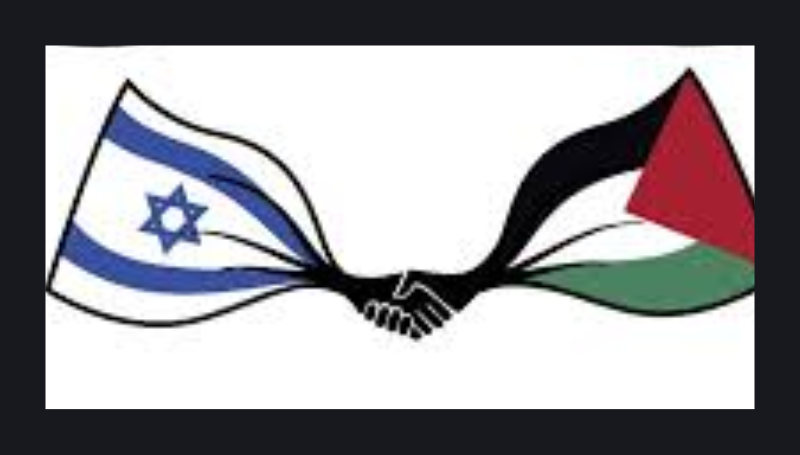Elliot Kaufman
WSJ, July 5, 2025
“Mr. Barkat says the old peace process failed, so “new thinking is needed.””
The idea of a two-state solution for Israel and the Palestinians has never seemed more futile than in the months since Oct. 7, 2023. But maybe that opens the door to a new way of achieving peace.
“We want cooperation with Israel,” says Sheikh Wadee’ al-Jaabari, also known as Abu Sanad, from his ceremonial tent in Hebron, the West Bank’s largest city located south of Jerusalem. “We want coexistence.” The leader of Hebron’s most influential clan has said such things before, as did his father. But this time is different. Sheikh Jaabari and four other leading Hebron sheikhs have signed a letter pledging peace and full recognition of Israel as a Jewish state. Their plan is for Hebron to break out of the Palestinian Authority, establish an emirate of its own, and join the Abraham Accords.
The letter is addressed to Israeli Economy Minister Nir Barkat, a former mayor of Jerusalem, who has brought Mr. Jaabari and other sheikhs to his home and met with them more than a dozen times since February. They ask him to present it to Prime Minister Benjamin Netanyahu and await his reply.
“The Emirate of Hebron shall recognize the State of Israel as the nation state of the Jewish people,” the sheikhs write, “and the State of Israel shall recognize the Emirate of Hebron as the Representative of the Arab residents in the Hebron District.” Accepting Israel as a Jewish state goes further than the Palestinian Authority ever has, and sweeps aside decades of rejectionism.
The letter seeks a timetable for negotiations to join the Abraham Accords and “a fair and decent arrangement that would replace the Oslo Accords, which only brought damage, death, economic disaster and destruction.” The Oslo Accords, agreed to by Israel and the Palestine Liberation Organization in the 1990s, “have brought upon us the corrupt Palestinian Authority, instead of recognizing the traditional, authentic local leadership.” That would be the clans, the great families that still shape Palestinian society. …SOURCE


